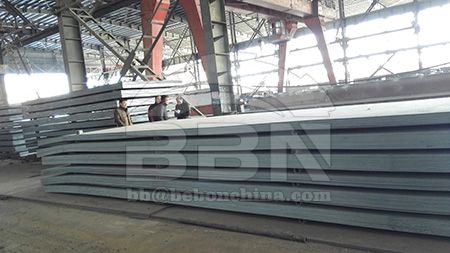
The thickness of A32 steel plate can significantly affect its mechanical properties. Generally, as the thickness increases, certain mechanical properties may be influenced in the following ways:
1. Tensile Strength: Thicker A32 steel plates tend to exhibit higher tensile strength due to increased material volume and potential grain refinement during manufacturing. This can improve the plate's ability to withstand tensile forces.
2. Yield Strength: The yield strength of A32 steel plate may vary with thickness. In some cases, thicker plates can exhibit slightly higher yield strength due to improved material density and microstructural changes.
3. Impact Toughness: The impact toughness of A32 steel plate is important for applications subjected to dynamic loading. Thicker plates often show improved resistance to brittle fracture and better energy absorption capacity, resulting in enhanced impact toughness.
4. Formability: Thicker A32 steel plates may have reduced formability compared to thinner plates. Excessive thickness can make it more challenging to bend or shape the plate without inducing defects or excessive stress concentrations.
5. Weight and Structural Design: Thicker A32 steel plates are generally heavier, which can impact their usability in weight-sensitive applications. Additionally, thicker plates may require different structural design considerations, including support structures and welding procedures.
It's crucial to consult the relevant specifications, standards, and industry guidelines to determine the appropriate thickness range for specific applications while considering the desired mechanical properties and structural requirements.
Just like you, 70% customers choose long-term cooperation with BBN steel not only for our good product and service quality, good reputation in the international market, but also for our experienced one-stop raw material supply and further steel processing!
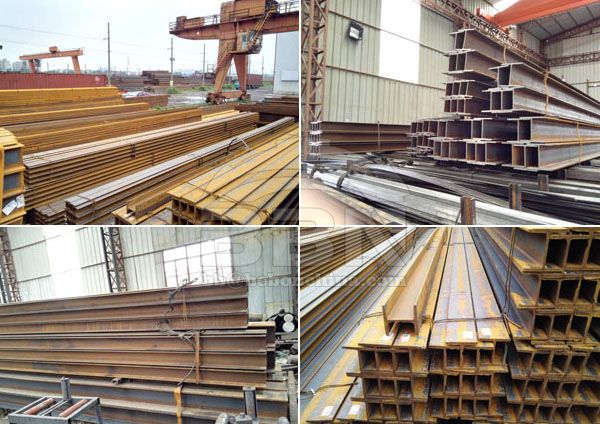
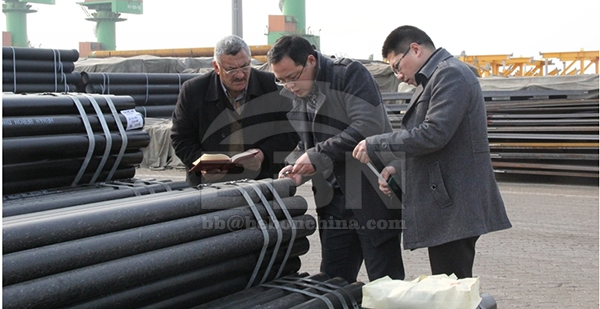
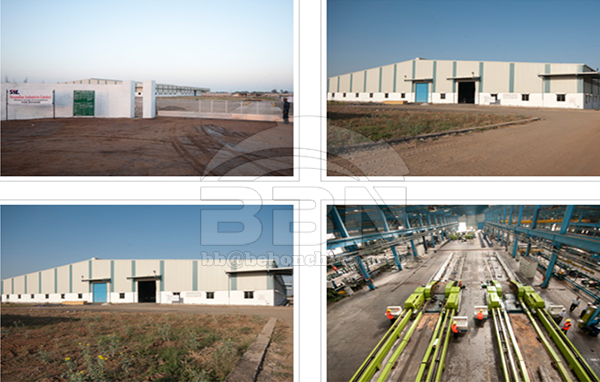
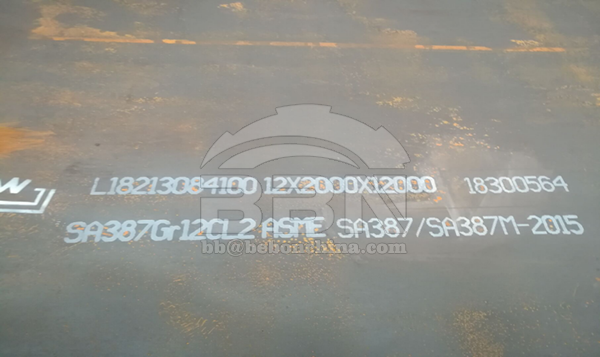
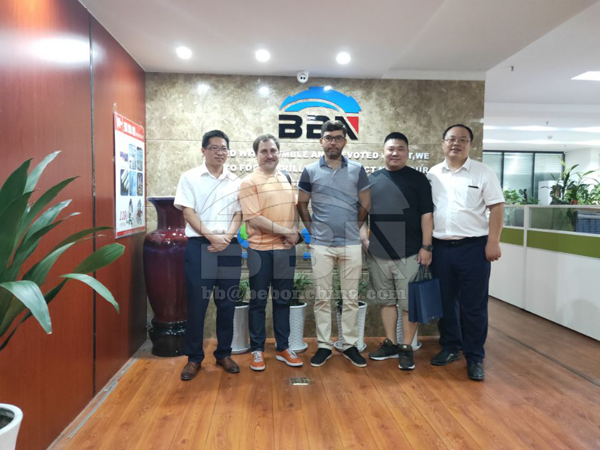
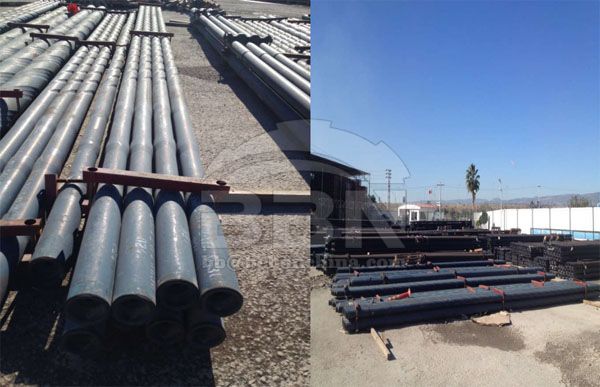
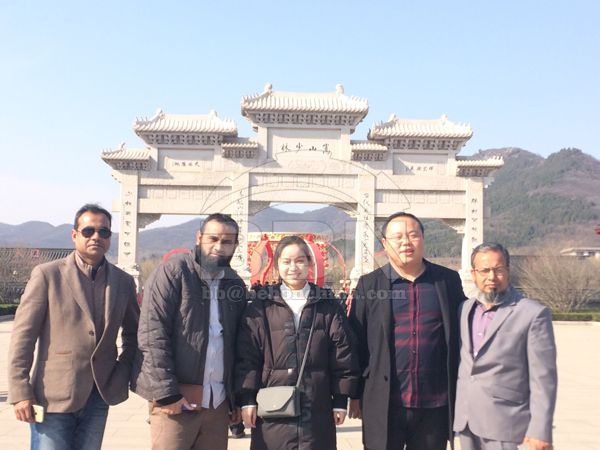
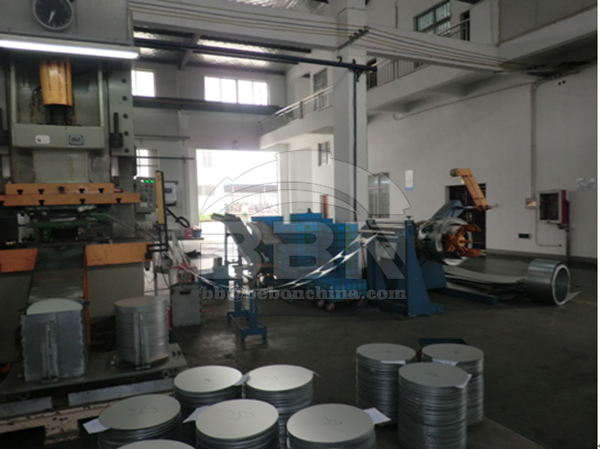
Henan BEBON Iron&Steel co.,ltd.